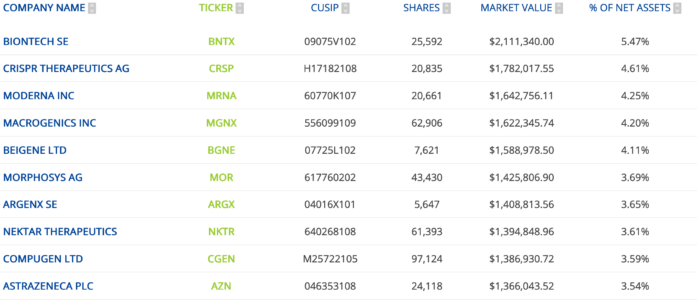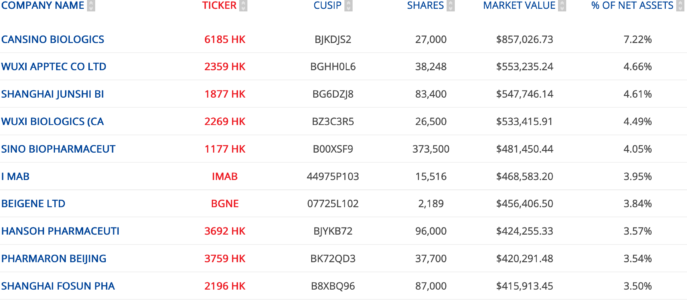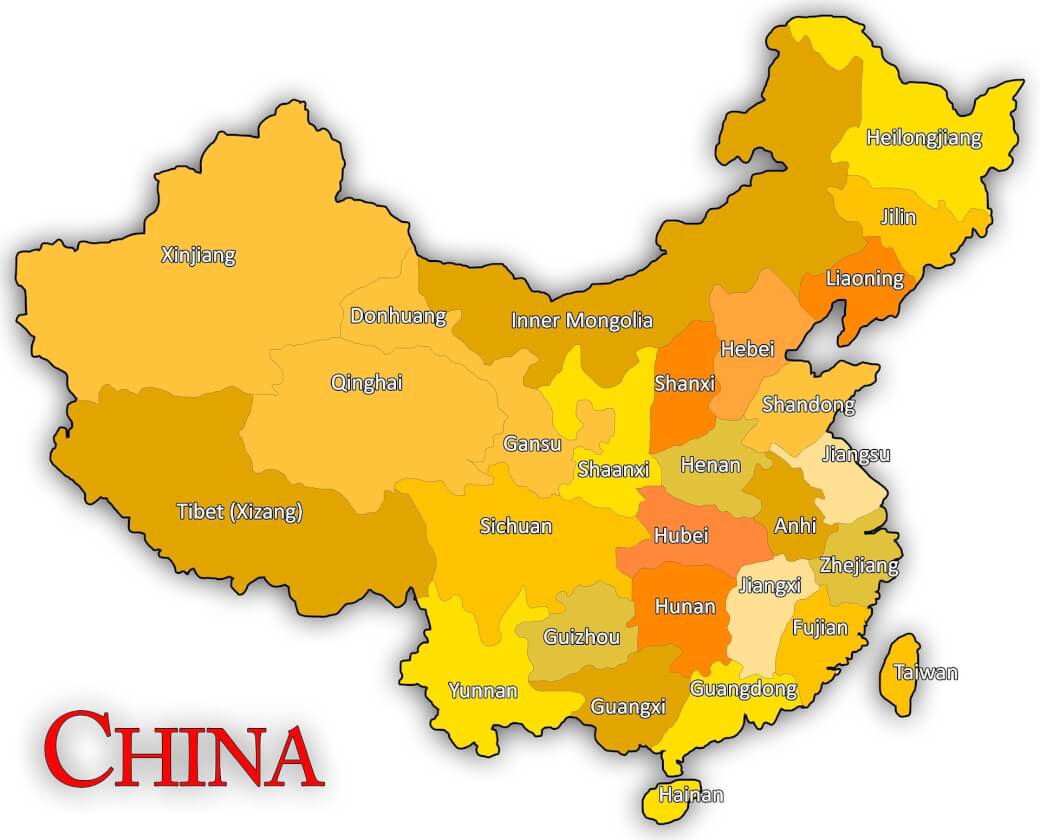According to Loncar Funds, biotechnology innovation matters. Whether it is a cure for hepatitis C, new advances in cancer care, or progress against rare and debilitating diseases like cystic fibrosis, patients around the world are benefiting from unprecedented innovation that the biotech industry is delivering.
Loncar Funds attributes this innovation to precision medicine. As the practice of medicine has advanced, it has also become more precise. Genetic sequencing and a greater understanding of disease at the cellular and molecular level has allowed researchers to target an area of focus with precision.
Loncar’s ETFs take the same approach to investing. The firm specializes in creating precise investment opportunities that more closely match specific investor focuses.
The Cancer Immunotherapy ETF
Here is the Fund’s description: The Cancer Immunotherapy ETF is made up of a basket of companies that develop therapies to treat cancer by harnessing the body’s own immune system. Immunotherapy is a transformational field within the biotechnology space that may have a foundational impact on cancer care. By developing immunotherapies that are more effective and may deliver a better quality of life than currently available medicines, innovative immunotherapy companies may be making a difference for courageous patients who battle cancer. The ETF seeks to support this important work and its positive impact on society.
Cancer immunotherapy has become an important sector and is changing the way many cancers are treated. While traditional medicines like chemotherapies often give cancer a broad punch, the benefit of using immunotherapy is derived from the immune system’s dynamic nature and the way it can more precisely be tailored to fight a patient’s disease.
Today, many new classes of cancer immunotherapies are being developed. These include checkpoint inhibitors, cellular immunotherapies like CAR-T, bispecific antibodies, and cancer vaccines. With this distinct sector focus, the ETF aims to help investors capture a growth area of biotechnology. At the same time, the Fund will support this method of treating cancer by providing capital to public companies that are leaders in the space.

The CHNA BioPharma ETF
Here is the Fund’s description: The CHNA BioPharma ETF aims to give investors unique exposure to a region of the world where the biopharmaceutical sector is going through significant change. With a long-term goal of steering its economy towards innovation, China hopes be a future leader in global medicine. Many Chinese biopharmaceutical companies today are focused on developing innovative new therapies that may make a difference for patients worldwide. The ETF gives investors a front row seat to this transformation from the convenience of one security that trades in the U.S.

Here is some disclosure language on the fund’s website:
The Loncar Cancer Immunotherapy Index is an index of 30 securities that have a strategic focus on the area of cancer immunotherapy, or harnessing the immune system to fight cancer. Quotes for the index can be found under the symbol “LCINDX” on the Bloomberg Professional service and other financial data providers. One may not directly invest in an index.
The Loncar China BioPharma Index is an index of 36 securities that have a strategic focus on advancing China’s biopharma industry. Quotes for the index can be found under the symbol “LCHINA” on the Bloomberg Professional service and other financial data providers. One may not directly invest in an index.
Holdings are subject to change.
Source: Loncar Funds
China’s Biotech Industry
Foreign direct investment (FDI) is a major contributor to the development of China’s biotech industry, and venture capital (VC) is emerging as another source of growth. Investing in China through FDI enhances transfer of intellectual property rights and integration into global supply chains. Of the 236 foreign mergers and acquisitions (M&A) in the Chinese pharmaceutical and biotechnology industries occurring since 2000, 84% took place between 2003 and 2011; 78% of greenfield investment occurred after 2008. Inbound VC saw modest activity starting in 2007, averaging 5.6 funding rounds and $140 million per year until a sharp increase to over 15 rounds and $590 million per year from 2015-2017, according to the U.S.-China Economic and Security Review Commission.
The ideas presented in this post do not constitute a recommendation to buy or sell any security.
Investors are advised to conduct their own independent research into individual stocks before making a purchase decision. In addition, investors are advised that past stock performance is not indicative of future price action.
You should be aware of the risks involved in stock investing, and you use the material contained herein at your own risk. Neither SYNTHETIC.COM nor any of its contributors are responsible for any errors or omissions which may have occurred. The analysis, ratings, and/or recommendations made on this site do not provide, imply, or otherwise constitute a guarantee of performance.
SYNTHETIC.COM posts may contain financial reports and economic analysis that embody a unique view of trends and opportunities. Accuracy and completeness cannot be guaranteed. Investors should be aware of the risks involved in stock investments and the possibility of financial loss. It should not be assumed that future results will be profitable or will equal past performance, real, indicated or implied.
The material on this website are provided for information purpose only. SYNTHETIC.COM does not accept liability for your use of the website. The website is provided on an “as is” and “as available” basis, without any representations, warranties or conditions of any kind.

